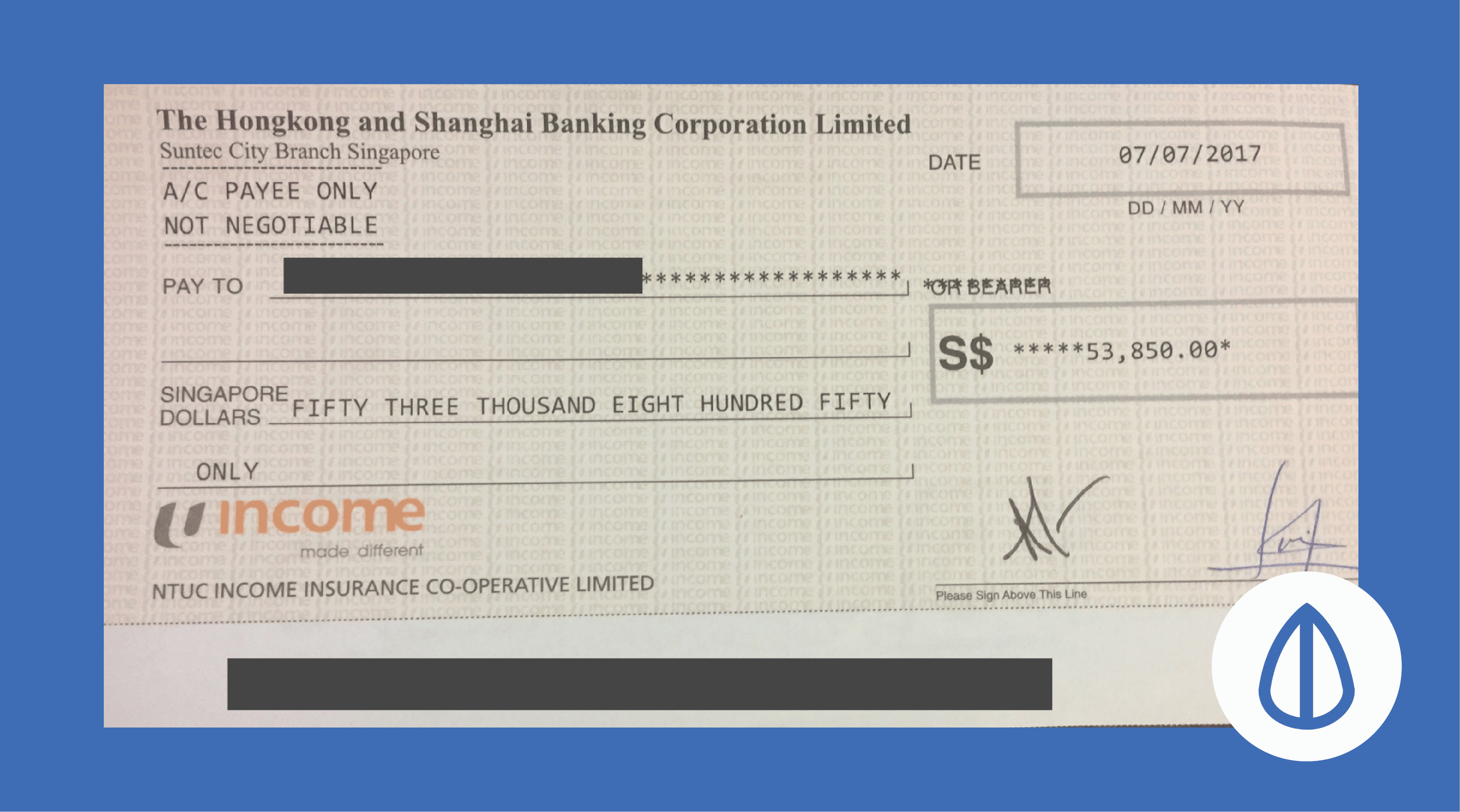Advertisement
Anonymous
Will the insurance system ever fail?
Term Insurance system may fail as it covers till 99 years old with the lowest price. By then, most would've claimed it already and it takes nearly a few thousand policies owners to pool this sum of money to pay a life claim about $1m. What are your thoughts on this?
4
Discussion (4)
Learn how to style your text
Reply
Save
Loh Tat Tian
26 Aug 2019
Founder at PolicyWoke (We Buy Insurance Policies)
If you have done some studies on Term insurance premium cost, versus whole life premiums, and risk pool, payout of the plans, you would have noticed quite a number of things.
(1) Time value of money for compounded returns. The premiums that are taken from you is not doing nothing though. Insurance companies do invest based on the premiums taken from you early in the stage. Based on rule 72 (you use 72 divided by the interest rate) is the number of years required to double the money you put in. Giving a rough estimate of 4%, 72 / 4 = 18 years to double.
So in 100 years, money is able to double about 5 times.
So $100 from year 1 (if you continue to pay) becomes $3,200 in the future dollars.
Also, the premium is taken from you yearly, so essentially you are paying $3,200 of your own amount to the term insurance (which decreases due to the time allowed).
I have calculated the yield based on 3.5%, and most 99-year term plan works such that by age 85, the paid out monies compounded interest would yield $1 million anyway.
(2) other than mathematical calculation, the financial strength of an insurer is also important. The S&P ratings given for the insurer is a signal of how possible it can pay off its liabilities and loans etc (which include possible payout to the claims received). Hence this forms the 2nd factor that you should look into for your term insurance.
(3) we have also not factored in the early termination (which is very common for term plans compared to whole life plans), which essentially means the insurer does not need to pay back the premiums for such people.
So what do you think now? :D
Reply
Save
Read 2 other comments with a Seedly account
You will also enjoy exclusive benefits and get access to members only features.
Sign up or login with an email here
Write your thoughts
Related Articles
Related Posts
Related Posts
Advertisement









I assume you mean you have doubts that insurance companies are able to fulfil their obligations to all term policyholders given the relatively low monthly/annual premiums against high payouts ($1m).
1) Teams of professionals (actuaries who spend years taking exams after university to get their professional certification) make a living by quantifying the associated risk covered by the policy as well as calculating the financial obligations/value of the policy. Wouldnt be too worried that their calculations are off.
2) The insurance industry is much bigger than the handful of Insurers who sell their policies to the public. There are multiple players(insurers/reinsurers) who form syndicates to spread out the risk. (look up on Lloyd's of London)
3) Local financial regulators such as the MAS typically requires financial institutions(such as insurance companies) to set aside substantial deposits with them in order to obtain a license to underwrite policies. These insurance companies are further subjected to regular audits and checks.
4)Lastly, term insurance has been around for probably a few hundred years, it is much less likely to fail as compared to the well-known CDS/CDOs by the AIG group.